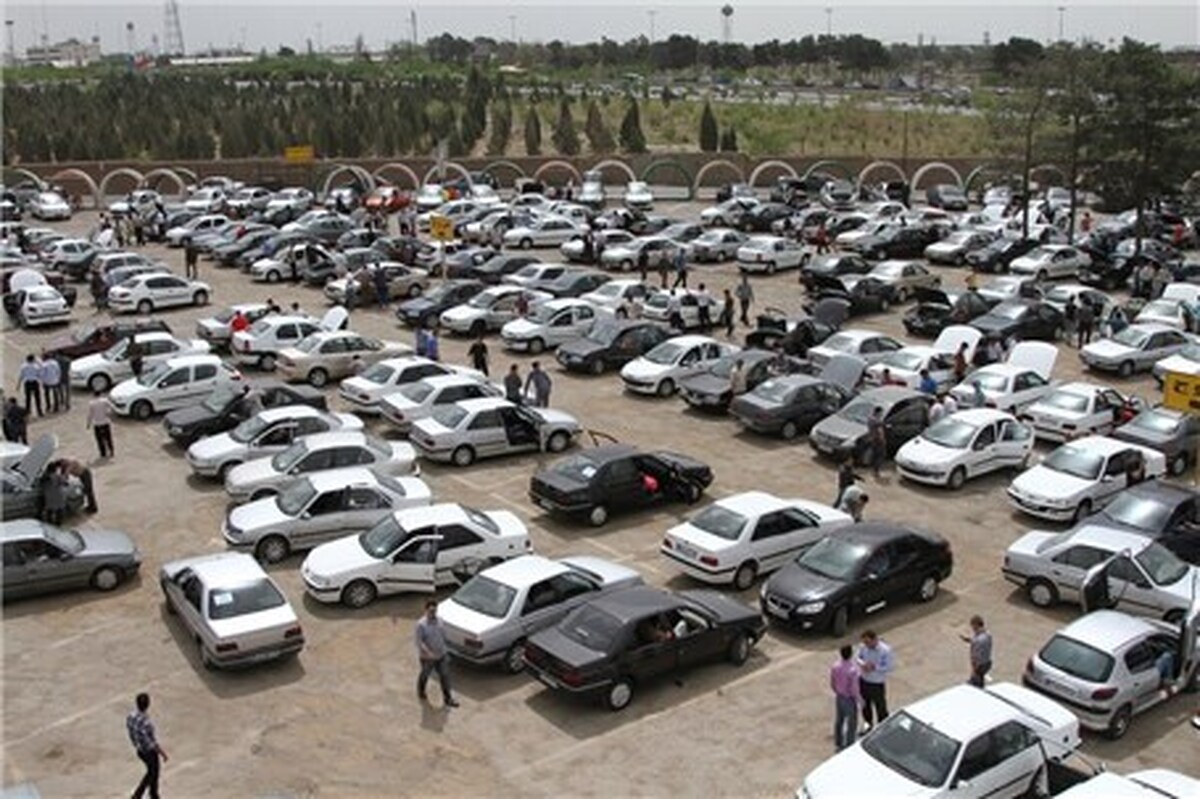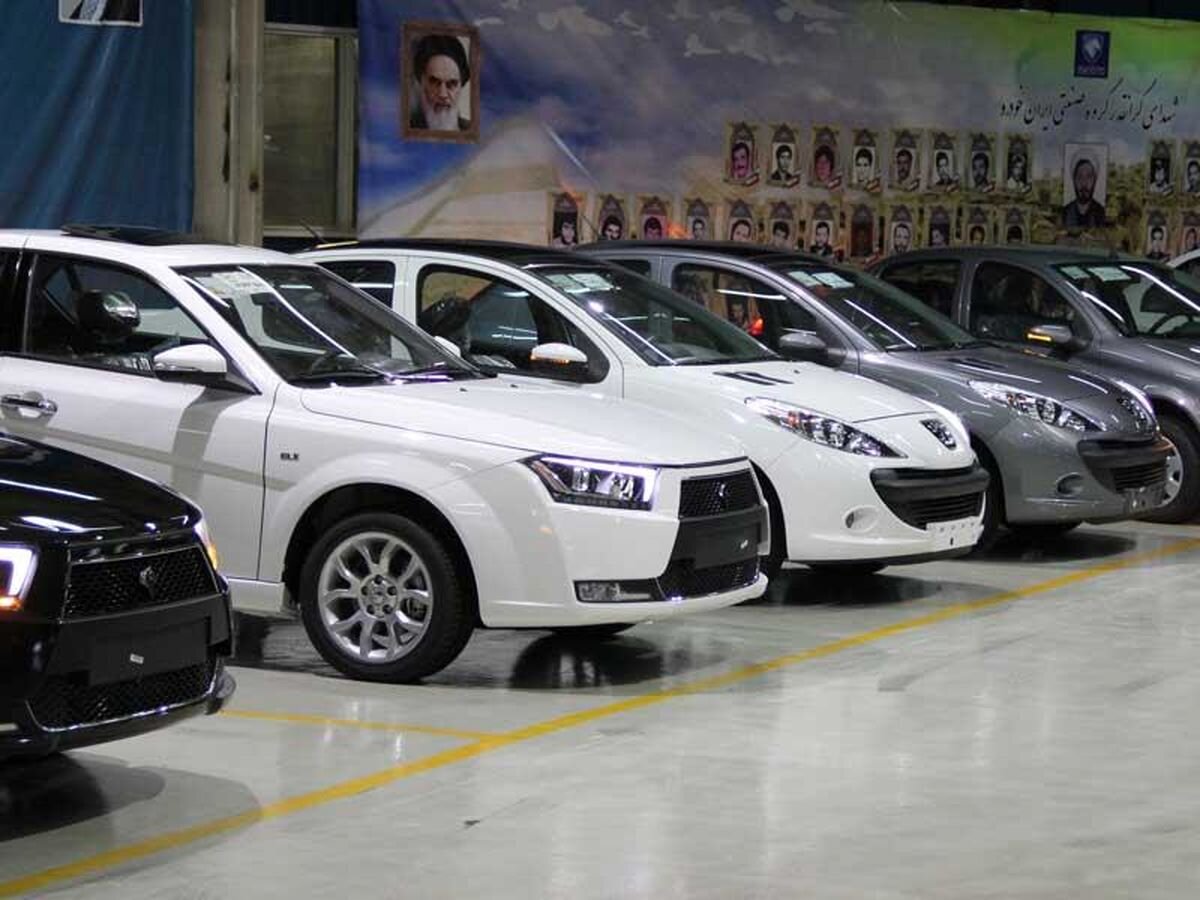
Eliminating the Investment Demand for Cars through Price Liberalization and Reducing Import Tariffs / Increasing Car Prices Ultimately Benefits the Consumer

An expert in the automotive industry stated: If we do not have a fixed price for car manufacturers, and domestic cars are offered at a reasonable price range while the import of cars continues, cars will no longer be considered investment goods.
According to Eghtesad Online, less than two weeks have passed since the 30% price increase for the products of Iran Khodro and Saipa. Mohammad Atabak, Minister of Industry, Mine, and Trade (IMT), in response to criticisms about the price increase of domestic cars, stated that this was a decision by the 13th government, made 18 months ago, and that it was less than half of what had been approved at that time. He also mentioned that the inflation rate during this period must be considered and that companies need to maintain economic balance.
Additionally, the price increase of domestic cars has also drawn reactions from members of Parliament, who, during the budget bill discussions, decided to approve a reduction in import tariffs for cars to 60%.
In this regard, Hossein Maghiseh, an automotive industry expert, told Eghtesad Online: "Reducing import tariffs is in the consumer's interest. On the other hand, after 18 months, car manufacturers have moved away from fixed prices, which is a good step taken by the government because it allows manufacturers to produce more cars, which ultimately benefits the consumer."
Maghiseh, noting that there are two distinct groups of customers for domestic and foreign cars, explained: "The demand for foreign cars comes from a specific group who buy cars priced above $13,000. The buyers of domestic cars are another group, purchasing cars priced between $5,000 and $11,000. Therefore, foreign cars do not compete with domestic cars, and reducing the import tariff does not harm domestic manufacturers; it merely helps control the psychological market atmosphere."
He continued: "If this policy continues, and there is no fixed price for manufacturers, with domestic cars being offered in an appropriate price range, and at the same time, the process of importing cars continues, cars will no longer be considered an investment good."
This automotive industry expert mentioned that the key to removing cars from being investment goods is that the policies should not change, and there should be no barriers to car imports.
Maghiseh added: "During the five years when car imports were banned, the accumulated losses of car manufacturers reached more than 230 trillion tomans. Policymakers, with good intentions, labeled the situation as monopoly, leading to the current condition, for which no one is taking responsibility. Moving away from price control will allow the Ministry of Industry to say that there is no monopoly, and car manufacturers should produce and sell cars on a large scale as a business and make a profit."




